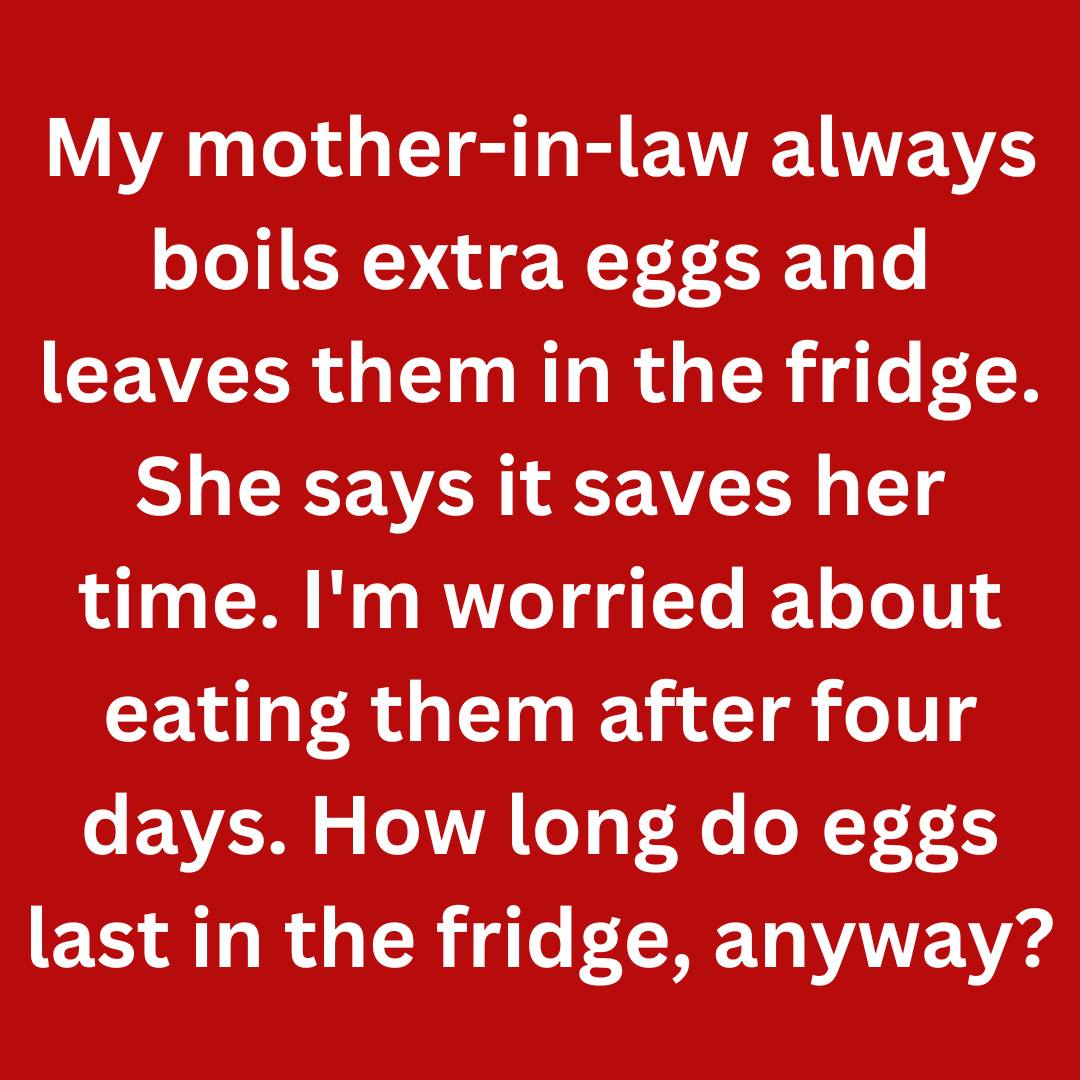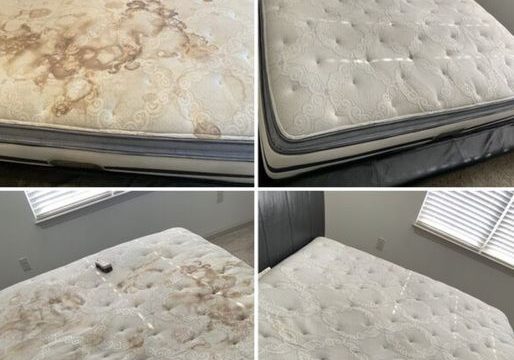If you’re someone who loves hard-boiled eggs as much as I do, then you know how handy these little protein-packed gems can be. They’re incredibly versatile and convenient—perfect for quick snacks, salads, or even as a nutritious addition to any meal. But a question that often comes up is: how long can you actually keep hard-boiled eggs in the refrigerator before they start losing their freshness or, worse, become unsafe to eat? I was curious about this too, so I did some digging to figure out exactly how to make the most of your hard-boiled eggs and keep them fresh for as long as possible.

According to Herve Malivert, a culinary expert at the Institute of Culinary Education, hard-boiled eggs can last for about three to four days when stored properly in the refrigerator. That gives you a nice little window to enjoy all sorts of egg-based recipes without worrying about them going bad. But here’s a fun tip that can help you stretch that freshness even further: try storing your hard-boiled eggs upside-down. It might sound strange, but flipping them keeps the yolk centered and helps prevent that unappetizing greenish ring from forming around the yolk. It’s a simple hack that keeps your eggs looking and tasting their best.
Now, if you’ve already peeled your hard-boiled eggs, there’s a catch—peeled eggs don’t last as long as the ones with shells on. Once peeled, eggs tend to dry out more quickly, so it’s best to eat them within a day or two. Of course, peeling a perfectly cooked egg right before eating it has its own satisfaction, but if you want to store eggs for longer, leaving the shells on is definitely the way to go.
You might be wondering how to tell if your hard-boiled eggs have gone bad. Luckily, it’s not too tricky. If the eggs smell off or have a sour, unpleasant odor, that’s a clear sign they should be tossed. Also, check the egg whites—if they look slimy or discolored, or if the yolks have dried out and become crumbly, it’s time to say goodbye. Trusting your senses is the best way to avoid any unpleasant surprises and keep your meals safe.
One of the best things about hard-boiled eggs is their versatility in the kitchen. They’re perfect for making classic deviled eggs that everyone loves, hearty egg salad sandwiches, or as a protein-rich topping for leafy green salads. They’re just as great for a quick grab-and-go snack, too. However, a quick word of caution: freezing hard-boiled eggs isn’t recommended. When frozen and thawed, the texture of the eggs changes drastically—they can become tough and rubbery, which definitely takes away from their appeal. So keep your eggs in the fridge, not the freezer, to enjoy them at their best.
Before we finish up, here’s another useful tip: avoid storing your eggs in the refrigerator door. While it may seem convenient to keep them there for easy access, the door is actually the warmest part of the fridge because it opens and closes frequently, causing temperature fluctuations. These changes aren’t ideal for preserving the freshness of your eggs. Instead, tuck your hard-boiled eggs away in a cozy spot on one of the middle or lower shelves where the temperature stays more consistent.
So there you have it—your complete guide to making the most out of your hard-boiled eggs. With proper storage and a few handy tips, you can keep your eggs fresh and delicious for several days, ready to be transformed into countless tasty dishes. Whether you’re meal prepping for the week or simply want a quick, protein-packed snack, hard-boiled eggs are a kitchen staple worth mastering. Now, go ahead and whip up those egg-citing creations with confidence—you and your taste buds will be glad you did!





